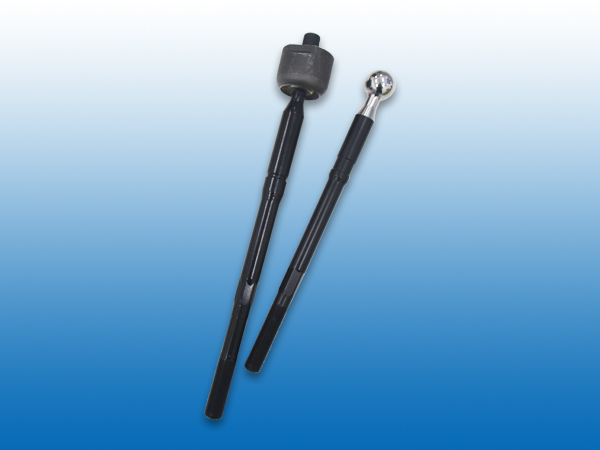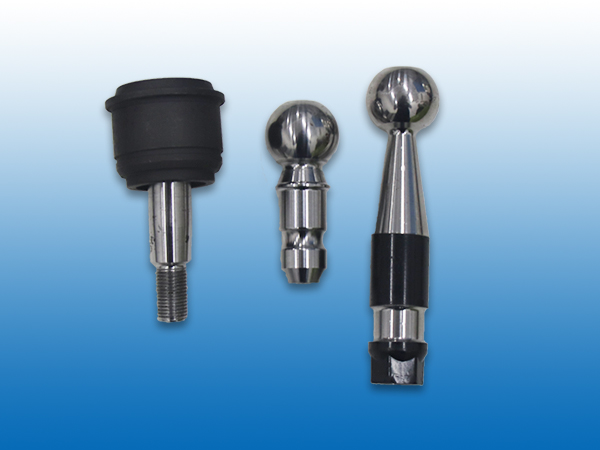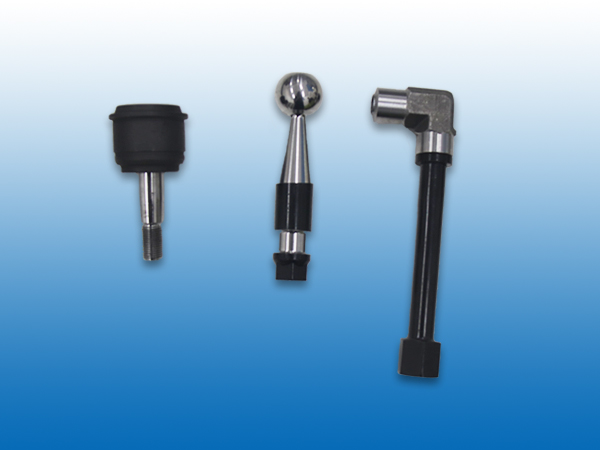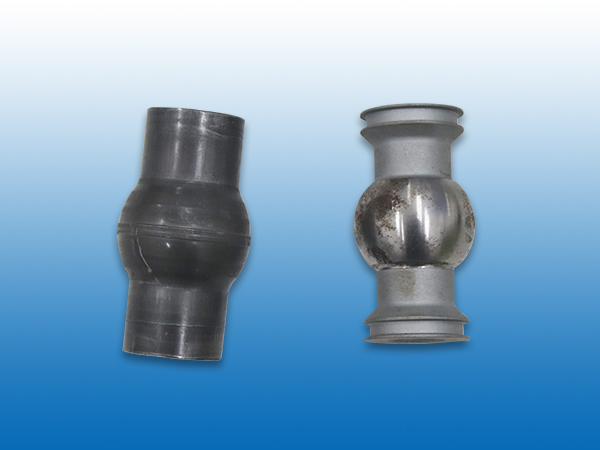What are chassis suspensions, what are their classifications and roles?
To understand the true driving performance of a car, not only do we start from the design era, body structure, and production platform of the car model, but the form of suspension on the chassis greatly affects the driving performance of the car. Below, we will briefly introduce the most common types of suspensions currently available.
What is automotive chassis suspension, what are its classifications and functions?
1) MacPherson suspension. Mainly used for front wheels of economy cars, it is a type of independent suspension with simple structure, compact placement, and good driving stability. However, when driving on very bumpy roads, steering is difficult to control. So most advanced cars will install balancing or stabilizing devices on top of the MacPherson suspension to achieve higher driving stability.
2) Double wishbone suspension. The shock absorber has two support arms, upper and lower. Due to the use of unequal length swing arms, the wheels can automatically change the camber angle and adapt to the undulation of the road surface when moving up and down, resulting in greater tire adhesion.
3) Trailing arm suspension. This is a suspension system designed specifically for the rear wheels. Its advantage is low cost, and it does not occupy too much space on the chassis, and the shock absorber load is not too large when turning. However, the disadvantage is that it cannot provide more precise and balanced handling characteristics. So now most economical cars use this type of rear suspension structure.
4) Torsional beam suspension. This is a semi independent suspension method, which has a simple structure and is durable and reliable, but the disadvantage is that the two wheels will affect each other when subjected to impact vibration. It can effectively filter out small vibrations, but the reaction to large pits is more intense.
5) Multi link suspension. This is currently a relatively advanced rear suspension technology, which can be divided into five connecting rods and connecting rods. The multi link rear suspension can achieve the optimal position of the caster angle, greatly reducing the forward and backward forces from the road surface, thereby improving the smoothness and comfort during acceleration and braking, while also ensuring the stability of the vehicle during driving. Of course, the actual handling characteristics depend on various characteristics such as vehicle tuning and vehicle balance. Nowadays, more and more high-end cars are equipped with pneumatic hydraulic suspension or electric shock absorbers, with the aim of achieving a good balance between comfort and sportiness.
Related recommendations
- ● What are chassis suspensions, what are their classifications and roles?2023-06-02
- ● Zhejiang non-standard parts manufacturers introduce the characteristics of titanium alloy screws2023-06-02
- ● Reputation will introduce you to what is non-standard parts2023-06-02
- ● Huzhou fastener manufacturer stainless steel screw blackening solution2023-06-02
- ● Stainless steel non-standard parts have what anti-loose principle?2023-06-02
- ● How to tell the real car parts2023-06-02






